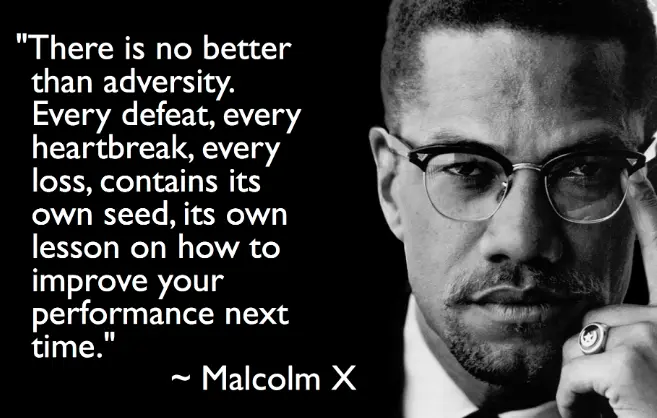Resilience – defined as the capacity to recover quickly from difficulties – is one of the greatest traits any human can have.
But equally, it can be difficult to build resilience, especially as setbacks are difficult to cope with.
For those who do have resilience, there are many advantages – greater sense of control in life, better mood and generally healthier wellbeing.
So in this article, we take a look at 6 ways to improve and build up your resilience.

1. Surround Yourself With the Right People
Being around the right people is crucial in any walk of life. Having supportive people, who you can trust and talk openly with is crucial.
You don’t want to be surrounded by people that criticise you, or refuse to help you or listen to you when you need them.
Instead, you want to have people around you that understand you, and will have a positive influence on you. That way, you’ll feel good about yourself, which automatically boosts resilience.
2. Believe in Yourself
Having belief in yourself is another important area. This isn’t just important for resilience, but for anything in life. Believing in your ability to overcome any hurdles life throws at you will naturally increase your chances of doing so.
When you don’t believe in yourself, it can be a slippery slope – ending with self-loathing and a lack of confidence.
Instead, with improved confidence and a faith in yourself, you will find life is easier to navigate.
3. Adapt
One big part of resilience relates to the ability to overcome problems. Many of these problems won’t have been foreseen.
With the above being very true, it is important to be able to adapt to changing situations. Not being flustered and being flexible to make changes will help you immeasurably.
If you don’t adapt, you can easily get stuck in a situation, become stressed, and get dissatisfied with life.
But by adapting to situations quickly, you will find that any problems are dealt with in a positive and healthy way.

4. Handle Stress
Stress is one of those areas which can hold anyone back in life. By being stressed, it makes everything seem harder.
Handling stress is important, and will help you overcome any problems. Exposing yourself to stressful situations can actually be helpful, learning how to cope with such feelings can be very useful.
But too much stress, and you’ll find that your mood will be affected, as will your relationships and general wellbeing.
By processing stress in a healthy way, you’ll find life doesn’t throw up so many problems, and things will be easier to cope with.
5. Reflect on your Setbacks

Setbacks are an inevitable part of life, unfortunately. But instead of just forgetting about them, we can learn from them.
When something does go wrong, we can look back on them, and analyse where it all went wrong.
If you just try to forget about the problem, you’ll probably end up making the same mistakes again.
But, as Malcolm X’s quote above shows, there are always lessons to be learned, which can help improve your performance next time. This should help improve your ability to overcome problems.
6. Look at the Big Picture
Finally, it is important to keep everything in perspective. While we often get bogged down in the small details of something, we need to remember the big picture.
It is easy to think a failed test or a slight disappointment is a total and utter failure. However, these are more likely just small bumps in the road.
If you don’t keep perspective, you can end up seeing the worst of everything, and losing confidence.
But, by looking at the big picture, you’ll be likely to move on quickly from setbacks, which can help improve your resilience.
The Takeaway
Resilience is a very difficult quality to try and have. Life is full of so many setbacks, it is understandable that not everyone can be resilient all of the time.
These various areas outlined can all help significantly with improving your resilience – which is of course a very powerful personality trait.















































